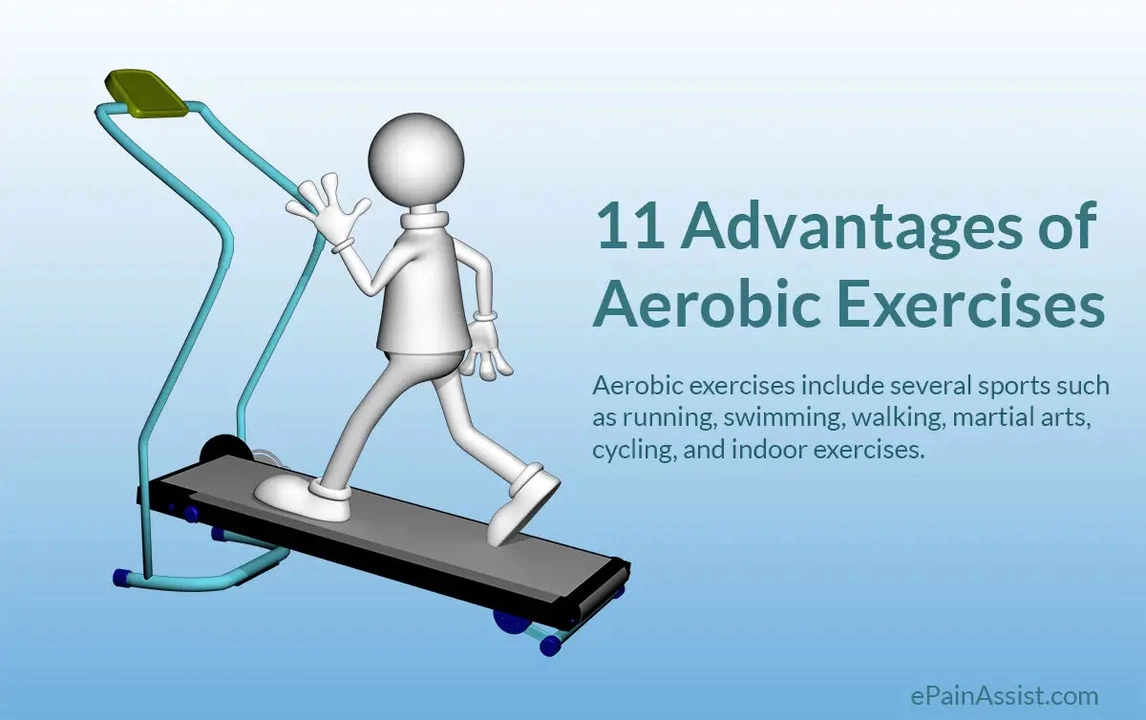Chronic Idiopathic Constipation: What It Feels Like and How to Start Fixing It
Chronic idiopathic constipation (CIC) means you’re dealing with long-term constipation and doctors can’t find a clear cause. It’s more than just an occasional slow bowel — it’s weeks or months of hard stools, straining, or feeling like you never fully empty. That can wear you down, but there are simple, practical steps that help most people.
People with CIC often report fewer than three bowel movements a week, hard or lumpy stools, lots of straining, or a sense of blockage. The pattern sticks around for months. If you notice sudden change, blood in stool, unexplained weight loss, or severe pain, get medical help right away — those are red flags that need prompt checks.
Easy daily changes that really help
Start with small, consistent habits. Add fiber slowly: aim for 20–30 grams a day from fruits, vegetables, whole grains, or a powder supplement like psyllium. Don’t overload your gut overnight — increase fiber over 2–3 weeks to avoid gas and bloating.
Drink enough water. Fiber needs fluid to work. Try to sip across the day rather than gulping one big glass. Moving more helps too — a 20–30 minute walk most days speeds transit for many people.
Set a routine. After meals, sit on the toilet for 10 minutes at the same time each day. The body responds to routine; breakfast is a good trigger because of the gastrocolic reflex. Use a footstool to angle your hips forward — it makes pushing easier.
Avoid relying on stimulant laxatives every day for months. They work, but long-term use can be rough for some people. If you need relief, osmotic laxatives like polyethylene glycol (PEG) are gentler for long-term use and often recommended first.
Medical options and tests to know about
If lifestyle changes aren’t enough, talk to your doctor. They may suggest tests only if you have warning signs or are older. Common checks include blood tests, thyroid tests, and sometimes a colonoscopy to rule out other problems.
Medication options vary by cause and severity. Osmotic laxatives (PEG) are a common start. When those don’t help, doctors can prescribe secretagogues such as linaclotide or lubiprostone, or prokinetic drugs for slow transit. For pelvic floor dysfunction, biofeedback therapy with a trained therapist can fix coordination problems that medicine won’t.
Keep a bowel diary for a week before your appointment: note frequency, stool type (use the Bristol Stool Chart), diet, meds, and triggers. That snapshot guides better advice than a vague “I’m constipated.”
Chronic constipation can be stubborn, but practical steps and the right tests or medicines make a big difference. If you’re unsure where to start, talk to your primary care doctor or a gastroenterologist and bring your diary — it speeds up finding a plan that works for you.
The Benefits of Regular Physical Activity for Chronic Idiopathic Constipation

As someone who has suffered from chronic idiopathic constipation, I can attest to the incredible benefits of regular physical activity. By engaging in consistent exercise, I've experienced improved bowel movements and overall digestive health. This is because physical activity stimulates our muscles, including those in our intestines, helping to move waste more effectively. I highly recommend incorporating exercise into your daily routine, as it not only alleviates constipation but also boosts your overall well-being. Remember, even simple activities like walking or stretching can make a significant difference in managing chronic idiopathic constipation.
- May 6 2023
- Tony Newman
- 10 Comments
